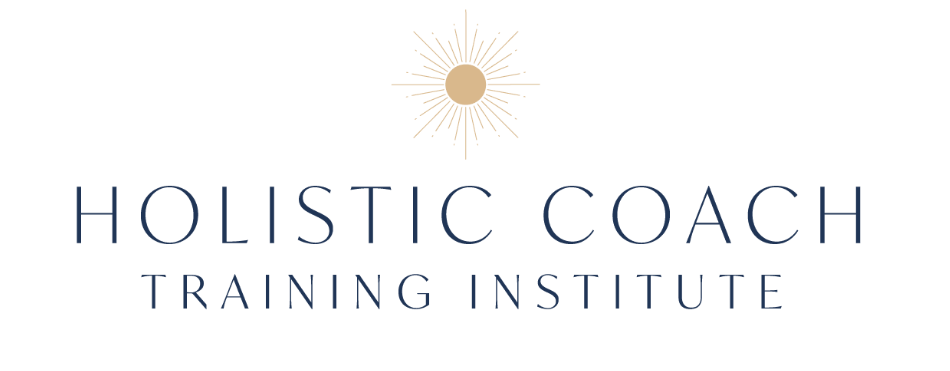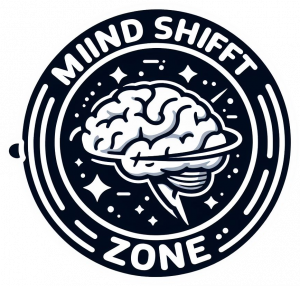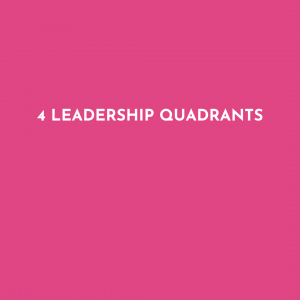You’ve probably heard of the term holistic coaching but might not know much about it. You might think it has something to do with how your mind and body share a connection, which can impact your overall well-being. Or you might think it’s something very alternative that’s not for you.
The philosophy behind holistic coaching is that your holistic health is essential for your motivation, development and performance. It can help you to be better in touch with your emotions and body. It can, therefore, play a significant role in your professional and personal life.
In this post, we’ll take a closer look at holistic coaching to understand what it is and why it’s becoming more and more popular as a coaching niche and in the population in general. Along the way, we’ll hopefully help answer if holistic coaching is for you, and we’ll uncover some exciting aspects of holistic well-being that can impact on your growth journey.
Definition of holistic health
Holistic health is a field of study and philosophy that takes into account every part of a human being – including the mind, body, emotional state and spirit. It considers each piece to be essential because the connections between them can significantly affect your daily life. According to a holistic health perspective, being healthy is not just the absence of sickness; being healthy is having a balanced body and a balanced mind. We’ll explain more about what that means shortly.
Holistic practitioners support the idea that simple adjustments to one part of your life, such as making dietary changes, can significantly alter other unexpected spheres of your life, such as your motivation and job satisfaction. That might sound strange, but stick with us and we’ll explain how.
Where does holistic thinking originate from?
Holistic health has been around for thousands of years, despite only being applied to the coaching world more recently.
It has its roots in traditional Chinese philosophy and medicine. You can find references to holistic thinking and holistic health in the work of Greek philosophers such as Hippocrates, Pythagoras and Aristotle going back to the 4th century.
The idea is that you think of the human as a system consisting of multiple parts, some internal and some external factors. Holistic coaching looks for answers considering the different parts and how they interact with each other. In many ways, part of our day-to-day thinking is holistic thinking.
For example, if you’re having a bad day at work, that usually has several reasons. These reasons could be; you fought with your partner before going in, you got up late and didn’t have time to do your morning run, a colleague you don’t like is in the office, the tasks you do are understimulating, and a job you had left for too long was due today.
Holistic thinking is about acknowledging all of these factors, internal and external, and identify what you can change so that tomorrow is a better day in the office. You can’t change which days your colleague is in the office, but you can make sure you get your morning run done on those days, so your day gets off to a better start. The idea that one part of a system can never be fully functional without the cooperation of the other parts is not a new concept.
What is a holistic lifestyle?

What does it take to live a holistic lifestyle? Holistic living is more of a philosophy than a rulebook. To be holistic, you have to focus on the sum of all the parts of your life.
As an example, you have to get past the simplistic thinking that ‘exercise’ is only for the body. You can exercise your mind and spirit, too. Your whole health is dependent on understanding the full picture, not just the parts that get magnified by the busy parts of your day-to-day life.
For instance, if you feel physically unhealthy after a vacation spent eating potato chips, chocolate and ice cream, your mental performance will suffer as well. You might have less patience and feel more tired. The first step to holistic thinking is to acknowledge that the way you treat your body affects your mind, and the way you treat your mind affects your body.
Following a week like that, you’ll probably focus your efforts over the coming weeks on exercising and detoxing your system. However, holistic teachings suggest that focusing all your efforts on exercise alone isn’t enough to overcome your challenge.
After all, what happens at your next opportunity to gorge yourself with sweets and snacks? The better way to permanently heal your unhealthy habit is to make changes to other symptoms, too.
A holistic remedy can include:
- Identifying what dietary habits makes you feel bad, physically or mentally and minimise the intake of that type of food;
- Ask yourself why you ate unhealthily in the first place. Was it a result of stress-eating? Were you enjoying your holiday or were you stressing about something back in the office?
- Identify what type of exercise that helps and when. The answer to this can depend on how you’re feeling. Sometimes high energy exercise is good, other times something calmer like yoga makes you feel better. Get to know what works for you.
In all these cases, the emphasis is on the whole mind and body. A holistic rationale might lead you to develop better stress management habits such as meditation, counselling or self-reflection.

Healing the body and mind
There are other activities, such as yoga, that are considered excellent for both the body and mind. To live a holistic lifestyle, be on the lookout for positive activities that can impact several spheres of your life.
According to holistic coaching, even small changes can have significant impacts on the way you manage stress, deal with obstacles and grow as a person. It might be something as simple as decluttering your life. Have you ever tried clearing out your apartment of your unnecessary belongings? How did that make you feel? It can make a world of difference because it frees your mind from that nagging inner voice that reminds you about all the ‘stuff’ you have. In reality, you might not need it all in the first place.
What is holistic coaching?
Holistic coaching is just like any other kind of professional life coaching, but one that specialises in a holistic viewpoint. They can help you get in touch with your holistic health.
Holistic coaches are sometimes called spiritual life coaches. But we prefer the term ‘holistic’ because the word ‘spiritual’ often conjures religious symbolism for many people. It’s true, holistic coaching can help you in a spiritual sense, but not with faith or religion specifically. For a holistic coach, the emphasis on spirituality is how your spirit, or vigour, can impact your goals and aspirations. A holistic coach might help you think of your situation in relation to something bigger than yourself. Doing so can help you to get outside your head and get back in touch with the world around you.
At its simplest, a holistic coach’s job is to help enrich your belief system. There are many ways to help you get to that understanding, which is why you’ll find that there are many more coaching sub-genres within the holistic niche. The important thing is to find a coach that aligns with your personal beliefs and one that you’re comfortable working with.
What a holistic coach can do
A holistic coach can help you transform your life and better understand your motivations and aspirations. A good coach will help you to:
- Align your values and beliefs and help you foster them;
- Challenge yourself to be greater;
- Stimulate your mind and body to feel empowered;
- Identify and remove negative aspects of your life;
- Address your inner obstacles and reduce barriers so you can reach your full potential;
- Regain control of your self-talk and inner voice;
- Make conscious and determined actions;
- Be an individual and to stand out from others; and,
- Develop goals, whether they be personal, professional, academic, spiritual, mental or physical.
If you’ve never considered your holistic health, maybe now is the time! Book a 15-minute free call with one of our holistic coaches. It’s the best way to figure out whether holistic coaching is right for you.











